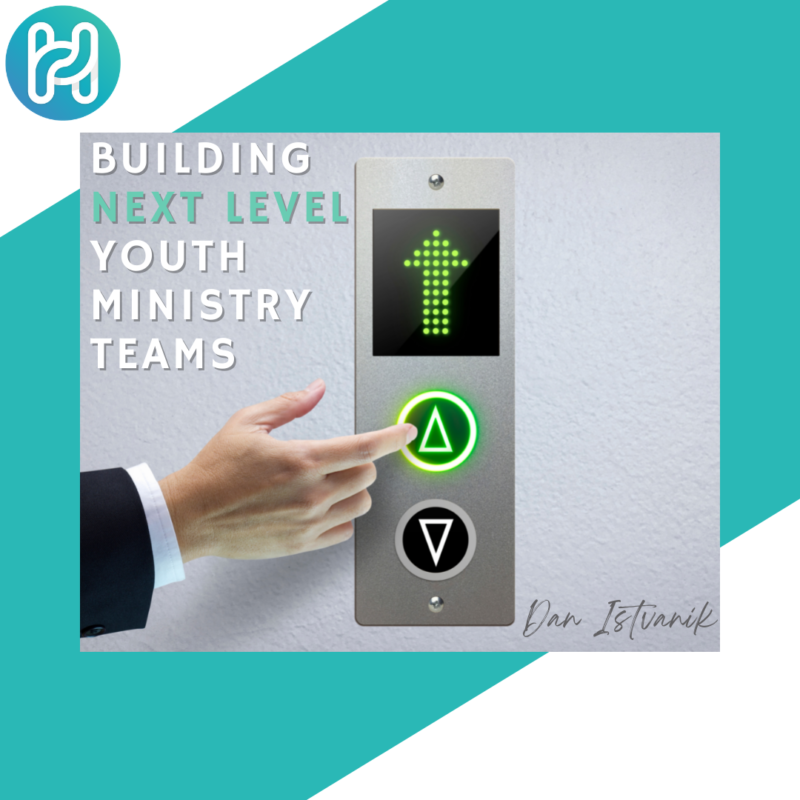Youth Ministry Hints, Youth Ministry Thoughts
Building Next Level Youth Ministry Teams
What does is it look like to have a Next Level Leadership Team? We all want long-term, invested volunteer leaders in our ministries. We want to build a connected and cohesive team willing to follow us.
I have people ask me all the time how I get to a point where I have a waiting list of folks who are willing to be a part of my volunteer teams. Various things play into this blessing, and there is no “silver bullet.” I have, however, found a few things that have helped in my youth ministries.
First and foremost: it’s important to have a clear and concise vision for what your ministry is about and where a volunteer will fit in. Busy people need to have a clear understanding of their expectations for serving on a ministry team. The most important thing is, I believe, deep levels of connection to you as a leader and others as a team.
Level 1: Respect
You are the leader. Whether you are paid or unpaid, you have been given the task to lead the ministry. Your role comes with some immediate level of respect. It is not earned, but it must be kept.
Maintaining and keeping respect is a basic level of good leadership.
Volunteers want to be respected and desire to be a part of something respected, but they also want to have a leader they can appreciate. At this level, it is primarily one-sided, with a leader leading and volunteers following out of basic respect for the position. It is where most ministry volunteer teams stay and why most volunteers do not stay very long.
Level 2: Rapport
Moving your team beyond respect is done by developing rapport. Growing rapport comes through mutual understanding and open two-way communication that gives volunteers a feeling of ownership and value. Meals together. Training together. Face-to-face conversations. You are allowing space to critique and have a say in the ministry directions. All those things are vital for building rapport.
Level 3: Relationship
A team levels up when they come together not just out of respect or mutual rapport, but when they begin to have relationships with each other.
A team that has relationships with each other will model community for their students. We spend much of our time investing in students. It is just as important for the leader to build relationships with their volunteers and create opportunities for them to build relationships with each other. The relationship is the bonding agent that will grow a ministry team and the next level of ministry, longevity, and effectiveness.
Get Great Posts Like This One, Along With Fresh Content Delivered Right to Your Email




